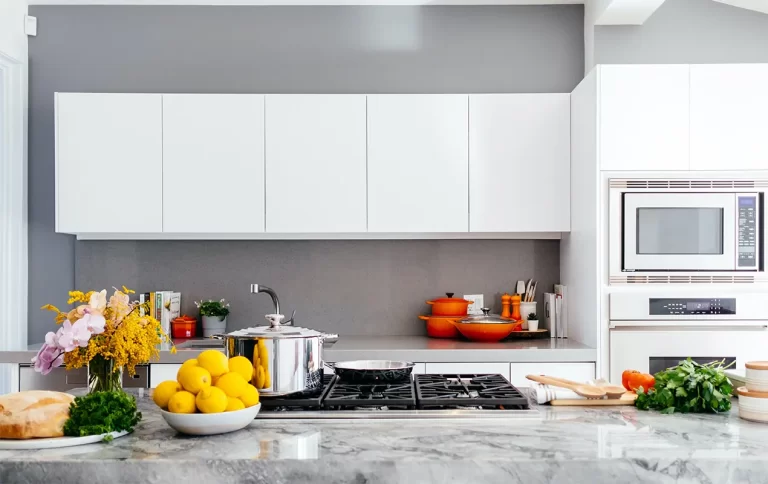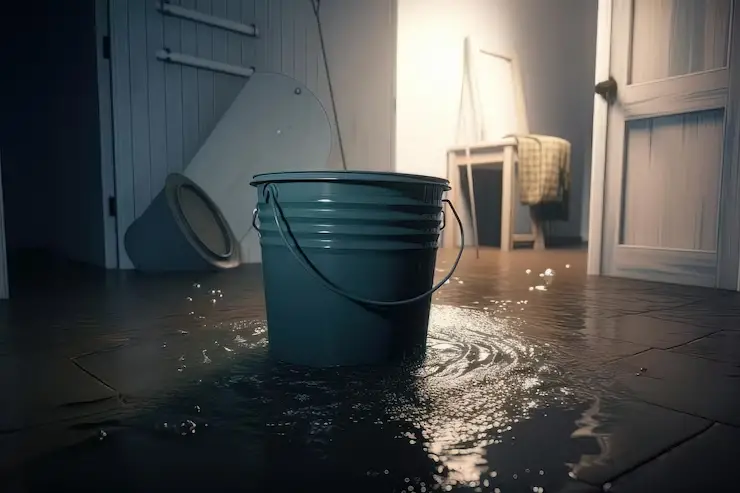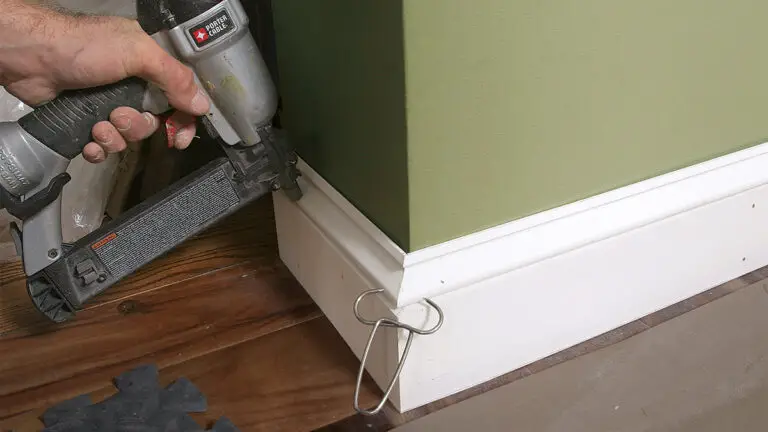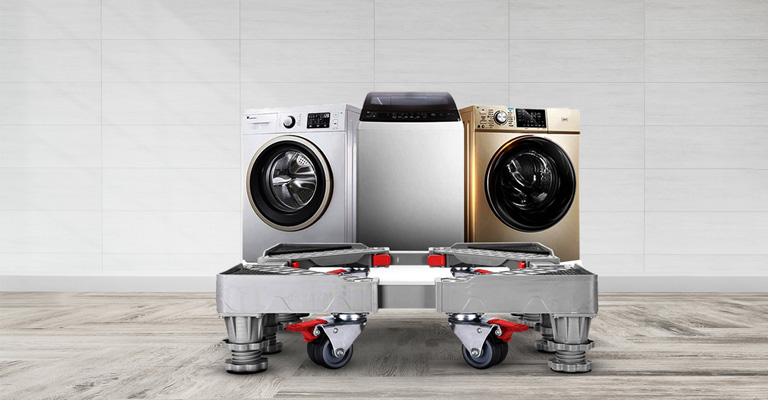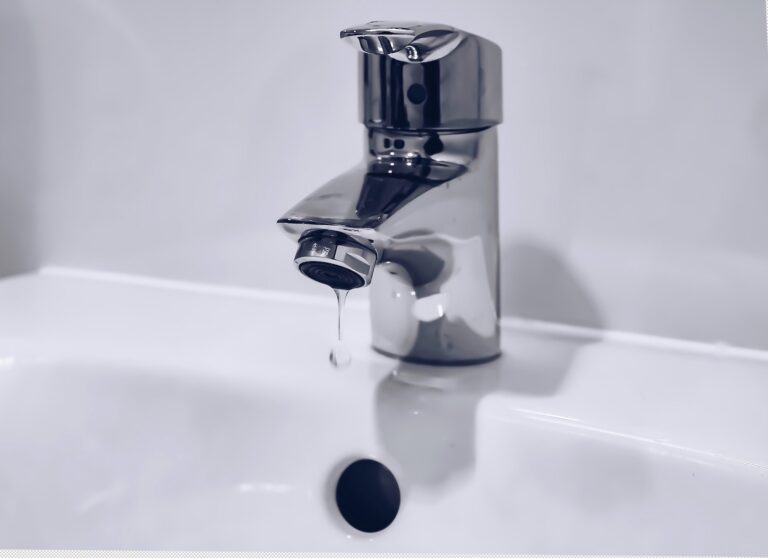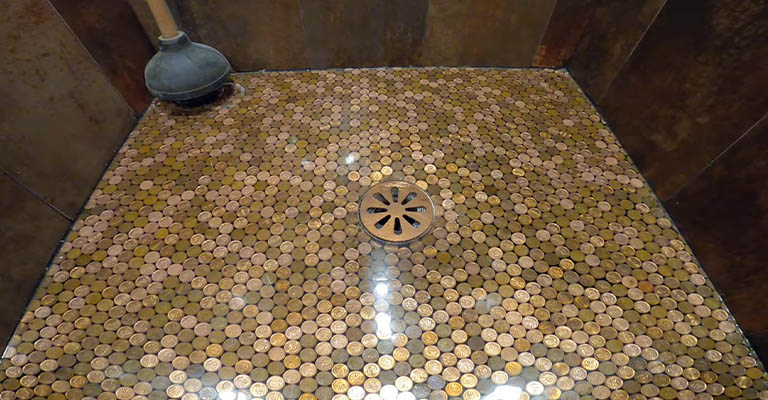Why Is My Upstairs Apartment So Hot Even With the Air Conditioning On?
Upstairs apartments may get hotter because of faulty ductwork, poor ventilation, and insulation, dirty air filters, or old or faulty air conditioners.
Why Is My Upstairs Apartment So Hot Even With the Air Conditioning On?
Have you ever heard anyone complaining about how their upstairs apartment is so hot even with the air conditioning on? How the heat in their upstairs apartment almost gets unbearable in summer? Well, then the problem may not just be related to sun heat or the law of thermodynamics. It has more to do with the issues of the HVAC system of your house.
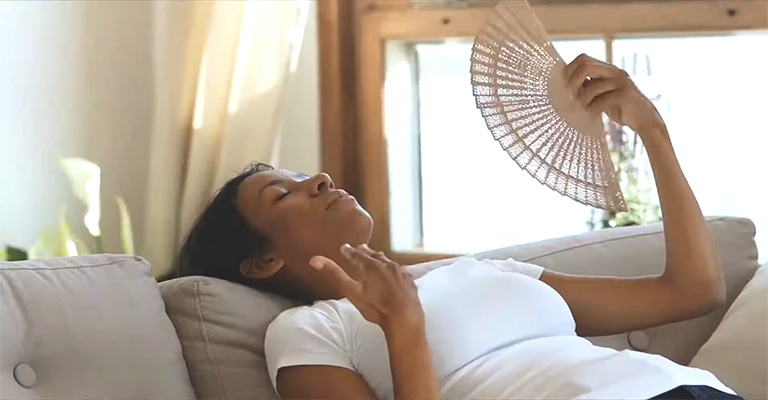
Nevertheless, the problem isn’t the same in every house and may differ from house to house. Here we’ll explain the possible reasons for your apartment being so hot even with the air conditioning on.
Possible Causes
A hot upstairs is probably the most common struggle people face during summer. But you don’t necessarily have to keep up with the heat, rather you can fix the issue by finding out the proper causes.
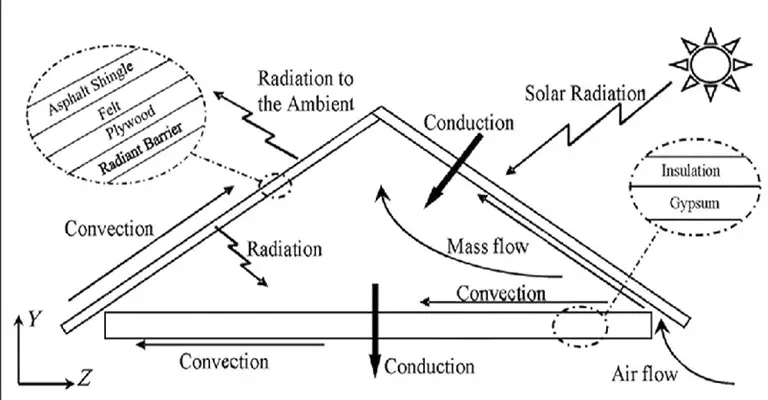
The upstairs of our house normally is much hotter compared to downstairs due to the top floor having direct access to the sun and the roof being excessively hot. The tendency of warm air to rise and cold air to go down also influences the usual variation of heat in different floors. However, sometimes the temperature upstairs gets excessively higher than it normally should be.
Let us first discuss the basic reasons that normally make upstairs hotter.
Heat-rise with height
According to physics, it is considered that the heat generally rises with height. The surrounding of a higher floor consists of warmer air resulting in a hotter atmosphere. Therefore, the higher the floor is, the hotter it gets.
Sun heat directly on the roof
Since the heat of the sun directly falls on the roof, the upper floor tends to be hotter. It’s because the roof absorbs the heat, therefore allowing it to pass through the attic and settling heat on the top floor. Hence upstairs is normally hotter than downstairs.
These are the causes that normally offer a warmer upstairs. But an excessively hot upstairs may have more reasons to become that way. Let’s now discuss them.
Dirty air filters or old air conditioner
A very common reason your air conditioner isn’t able to cool the hot air is probably that you have got a dirty air filter. When was the last time you changed your air filter? A dirty air filter makes the system clogged up and restricts the normal airflow.
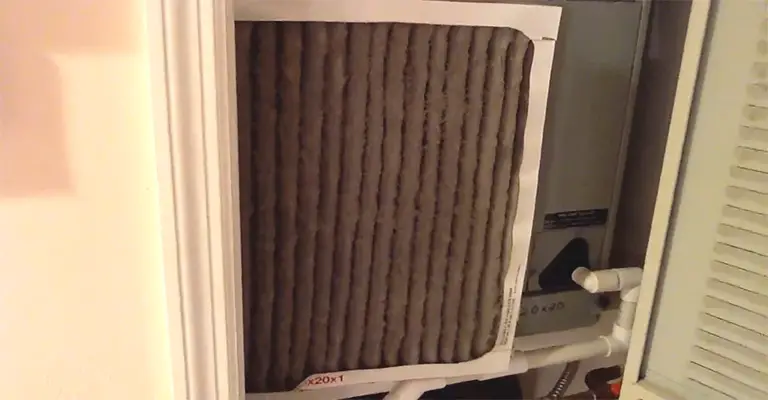
On the other hand, if the age of your air conditioner is 10 years or above, maybe it’s time to replace it? Because the normal lifespan of an air conditioner is up to ten or fifteen years. Once the a/c reaches around the age, it can’t work the way it’s supposed to do.
Lack of airflow in the Ductwork
Ductworks are mainly responsible for the airflow in your house. The HVAC system pulls hot air from different parts of your house and delivers cool air. So whenever you find you’re upstairs hotter than usual, there’s a huge chance that the ductwork responsible to deliver air upstairs is faulty or short.
Reasons that ductwork is failing to supply enough cool air are probably because air ducts are clogged up, or they are facing too much resistance.
Many homes have flex ducts installed or ducts installed incorrectly. Flex ducts are highly resistant to airflow and easily get compressed resulting in a lower rate of airflow. Also old or leaked air ducts may be the reason cool air isn’t reaching your top floor.
Improper ventilation and poorly insulated attic
Proper airflow is one of the most crucial factors for any house to maintain a normal temperature. Even though the HVAC system is a kind of mechanical ventilation process, nothing beats the natural airflow through windows and vents.
Therefore, it’s necessary to have a sufficient number of windows and vents so that the amount of airflow is adequate.
On the other hand, the attic needs to have a proper ventilation system to get the hot air out of the building, and also needs proper insulation so that hot air doesn’t seep inside the top floor through the leaks of the ceiling. Hence one of the reasons you upstairs might be hot is because your attic is poorly ventilated or insulated.
Cooling down your hot upstairs
Now that you’ve learned the possible reasons for your upstairs being so hot, it’ll be easier for you to identify the exact cause. You may take help from an HVAC technician to figure it out for you, and also provide a suitable solution. It may go bad and sometimes, the air conditioner may make pulsating sound.
However, the possible solutions to fix this issue are replacing the dirty air filter or buying a new air conditioner in case it’s really old. Besides, get your air ducts fixed if it has any leaks or faults, and get your attic properly sealed, ventilated, and insulated. You also can try adjusting the fan setting on your thermostat, creating climate zones, and installing multi-zoning air conditioners.
FAQs
Why is my upstairs still hot at night?
It’s because the building absorbs heat during the daytime. As a result, it is still hot at night due to the stored heat.
Why is our A/C unevenly cooling our house?
Uneven cooling may occur due to the fault of thermostat sensors or clogged air filter or trouble with the air handler.
Does closing vents downstairs help cool upstairs?
Partially closing the registers on the first floor might do the trick. Keep your air-return vents open. If your thermostat is on the first floor your HVAC system cycle times will also become longer, helping to push cool air to the second floor.

